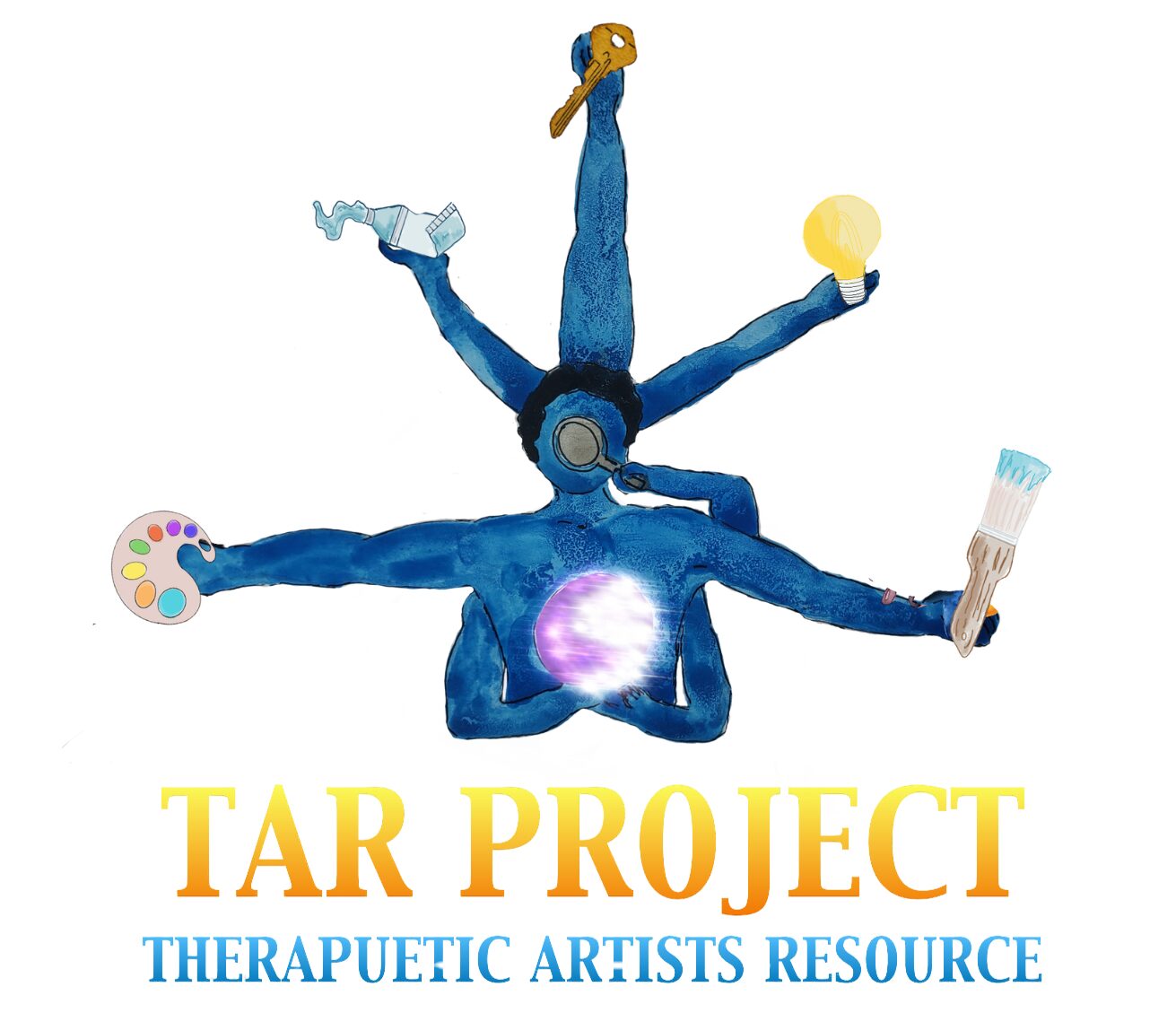

Today we’d like to introduce you to Therapeutic Artists Resource
Hi Therapeutic Artists Resource, please kick things off for us with an introduction to yourself and your story.
Orion Crook, our founder and board president, first conceived of TAR while they were applying for an artist residency at the Hambidge Center and proposed to lead a support group for fellow residents while they would be there. Although not selected for the residency, the seed was planted and became a catalyst for Orion to seek out spaces where their vision of integrating therapeutic support into artist residencies could flourish. As a psychotherapist and artist, Orion knows the emotional and mental challenges artists face all too well. A desire to help artists process these challenges continues to influence the initiatives and mission of Therapeutic Artists Resource.
It inspires us that an unfulfilled proposal was the first step in birthing our nonprofit. This notion of trusting the process and finding value in the journey rather than the outcome remains a cornerstone of our ethos.
After several attempts to support this vision at the mercy of unfavorable application odds, Orion attended a fiscal sponsorship workshop at C4 Atlanta. They realized the way forward was to take on the challenge equipped with C4’s career support courses and the temporary nonprofit status fiscal sponsorship allows for. In 2016, the Therapeutic Artists Residency (TAR Project) was born. Since then, TAR Project has offered three seasons of free, year-long, individual and group therapy to artists, with each season culminating in immersive and interactive exhibitions where the artists share their healing art powers with the Atlanta community and beyond.
Our transformation into the nonprofit Therapeutic Artists Resource was sparked around a fire. Orion connected with Erica Stephens, an invaluable mentor to TAR, at a backyard bonfire in 2024. She is the founder of Nana Grants (nangrants.org), a nonprofit offering grants to mostly mothers to get child care while receiving education. Also, DFOWW (dfoww.org), which is a literacy nonprofit that realized how challenging it was to become a nonprofit, turned around and created a workshop on it where they walk you through the paperwork question by question. With Erica’s support and the generous sharing of her resources, DFOWW TAR achieved nonprofit status within the year.
To celebrate this milestone, we are hosting our inaugural event, The Light We Share: A Therapeutic Art Party, on November 8th at the creatively effervescent venue, The Supermarket. This is a timely event, just days after the election, when many may benefit from the full spectrum of experience and expression a therapeutic art event offers. The night will highlight the experience of being an artist and art’s power to transform, featuring 15 interactive installations, art-making altars, a silent art auction, and a sound bath journey that will lead into a therapeutic dance party led by our current resident Mind Bath, who is based out of Camp Flirty, Canada.
Our intention is to inspire personal and collective change by encouraging deep engagement with the transformative power of art in accessible containers that are trauma-informed and offer a level of safety that makes healing in community possible.
Come curious, encounter connection, and leave catalyzed.
Alright, so let’s dig a little deeper into the story – has it been an easy path overall and if not, what were the challenges you’ve had to overcome?
So much amazingness: Although we have a board of amazing folks, and our network of orgs is soooo giving, so many of us do so and at times too much. We’re also getting better at boundaries and rest as resistance. All this too say, we are finding ways to navigate burnout and work like this can be easy to give and give into, and trust, we want to do it all.
Receiving funding: It can feel like a gamble because you’re investing a lot of time, energy, and effort into proposals, knowing the odds may not be in your favor simply due to the sheer number of applicants. The competition is intense, and the lack of certainty makes it feel like high-stakes. However, it’s important to recognize that the proposal process itself is incredibly rewarding. Some of our best ideas have come from pushing ourselves to articulate and refine them in these moments. If we don’t try, we’ll never know what could have been achieved. It’s a challenge to feel like what you want to bring into the world can make such an impact yet you have to spend the majority of your time finding financial support so you’re not spending all your money and more importantly, you can feel supported in your mission. We also would want to say its more than okay to not go after the big lofty dreams, focusing on low cost, DIY ventures can make a huge impact and feel a lot less heavy to carry out.
Reaching youth: For one year and then again in the Summer, we tried to run a therapeutic art residency for teenagers, and what we found was a significant divide. On one hand, there were teens who truly needed the program but couldn’t attend due to barriers like lack of transportation or (over)working caregivers—even though the program was, “no cost.” On the other hand, there were teens who would have been a great fit but were already overwhelmed with extracurricular activities and AP like classes. This created a challenge where, despite the program’s value, we couldn’t find enough participants to fully engage in it.
Filling out the nonprofit paperwork (like what do these words on this application even mean?), excess steps surrounding this process (they don’t tell you there are others and then maybe spam mail for things that feel official but are not once your official), and then figuring out a whole new business model, taxes, bookkeeping and beyond in some ways was a big challenge after taking the leap to becoming a nonprofit. We would highly recommend taking your time, we did generally weekly moments, where we just took whatever small steps came next and gave ourselves about a 6 months timeline. Check out DFOWW, they have a workshop where they spend five hours walking you through the two main (IRS and Georgia) paperwork question by question.
As you know, we’re big fans of you and your work. For our readers who might not be as familiar what can you tell them about what you do?
We specialize in support that centers healing the art making process and our creator selves, nurturing both the art and the artist in relationship with each other. For TAR, the focus isn’t on whether you exhibit, sell, or even complete your work. Instead, it’s about how it feels to create and your relationship with self-expression. We love diving into the spaces where you feel stuck, whether that’s navigating creative blocks or exploring the ideas and inspirations that captivate and magnetize you. Often when we get creative about mixing these two together we create a spark. How could you have fun with what holds you back from creating? Whats the smallest, lowest stake, or most restful way you can enter into the process? How can you mix the things that really excite you in with what is blocking you till you find the spark?
Do you have any advice for those looking to network or find a mentor?
Do you where you feel most you: We wouldn’t be a nonprofit today if Orion hadn’t gone to a friend’s mom’s backyard fire. It was one of those moments where everything just clicked. Next thing you know, someone is sitting across the fire, you’re gabbing up a storm, and someone who has put in the work is offering her help. A literal mother, helping the children. To be honest, becoming a nonprofit felt like a distant dream until that moment, when someone came into the picture who believed in the work we were doing and felt it was worth sharing her resources. And let us tell you, that is the dream, to have others step into the TAR and share their resources so we can light up this city with the Healing Arts Magic. Our vision is to honor Atlanta through sharing resources to support it to be the Healing Arts Beacon we feel it is.
Finding your people: Attend events that align with what you do or aspire to do. Look into the organizations that are most like what you want to do, in some ways your, “competition,” yet you may realize if you reach out they are fighting the same battles and are down to help (but also swamped so be gentle). If you can find another organization, say in a different state doing what you want to be doing, reach out, the way they program is worth a witness! We have a history of working with organizations like The Bakery, Binders, and 7 Stages because our missions are siblings and we just partnered with Lifecycle Building Center and Scraplanta (both in SWATL) whose work surrounding sharing the excess of materials in a sensical way incredibly inspires us.
Reaching out: C4 Atlanta taught me a valuable lesson about fundraising, and it applies to promotion as well: focus on the people who are genuinely excited to support your mission. Literally think about them when you go to share, post, or network. These are the people whose souls light up because they feel connected to what you’re sharing or maybe even just want to support you. Often, we tend to focus too much on the critics or those who aren’t interested, but the real energy comes from those who truly care and want to help move your cause forward even if it’s 1 out of 10 people, focus on finding the one.
Mutual Aid:, one of the best ways to market something is to offer something that doesn’t cost money, people are more likely to share a no cost promotion then something that costs. We aren’t saying making money isn’t vital (I mean we literally brought it up half this interview : / ), just that when you’re starting off, mutual aid work can cast a wider net or reach. Plus mutual aid is the way of the future and the present, and lets be real, our ancestors. Mutual aid work often connects you with organizations, individuals, and communities whose missions it is to share the work it takes to hold space, skills, and resources with each other. That is the community we all need in these times.
Volunteer: Volunteer/low-bono your services to other events. TAR has a long history of “art-making space” called Art Altars at town halls, protests, and underground raves. Volunteering or offering to help at other events gives you more intimate, less intimidating opportunities to connect with others. It also provides a behind-the-scenes look at how events are run and who plays what role in an organization. Plus, it’s often easier to engage with people when you have a role or a seat at the table.
We are looking for mentors! TAR is seeking support in fiscal realms, grant writing, leadership development, and who knows, if you feel called, reach out, let’s see how we can share resources.
Contact Info:
- Website: https://TARnonprofit.com
- Instagram: TAR.Project
- Other: venmo TARnonprofit
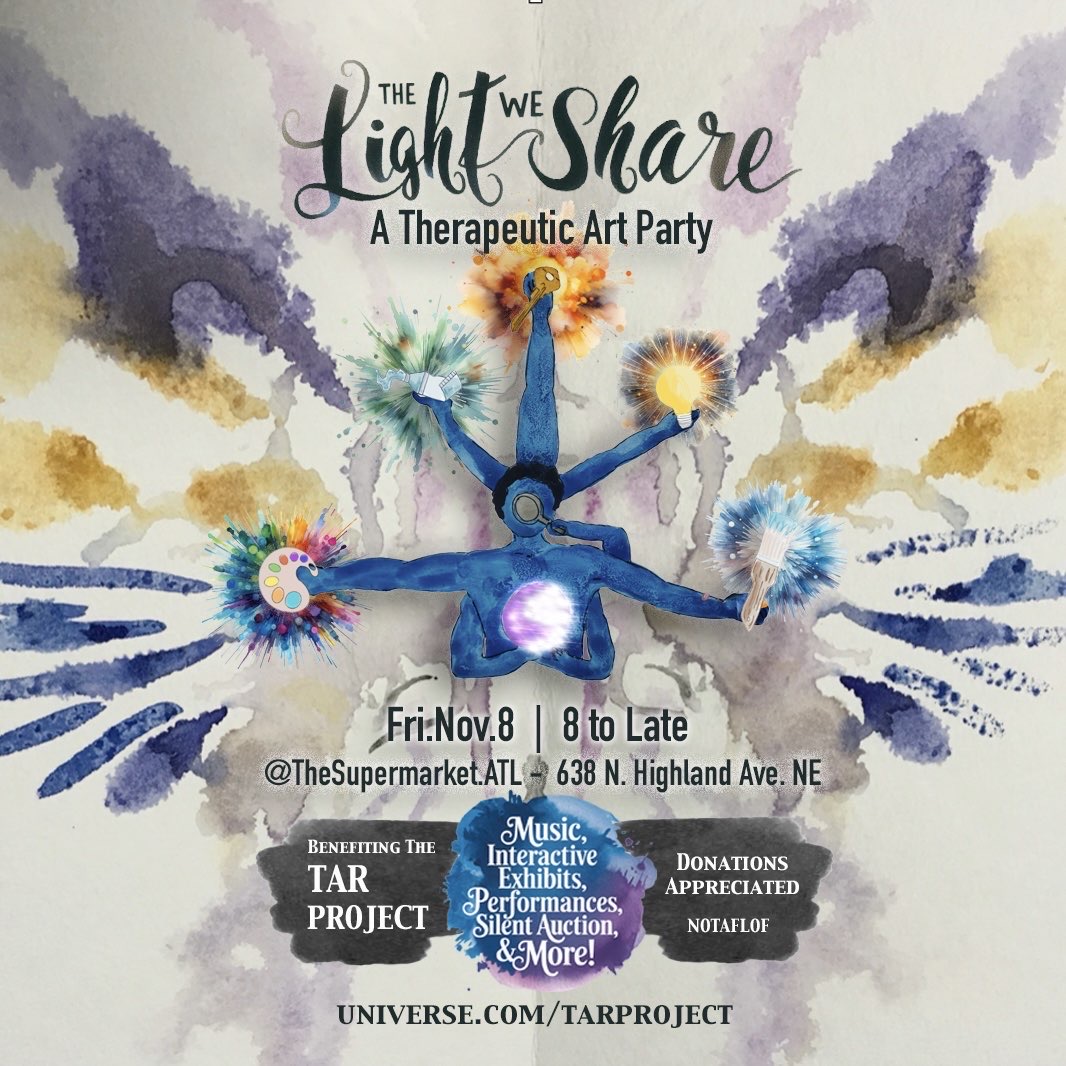
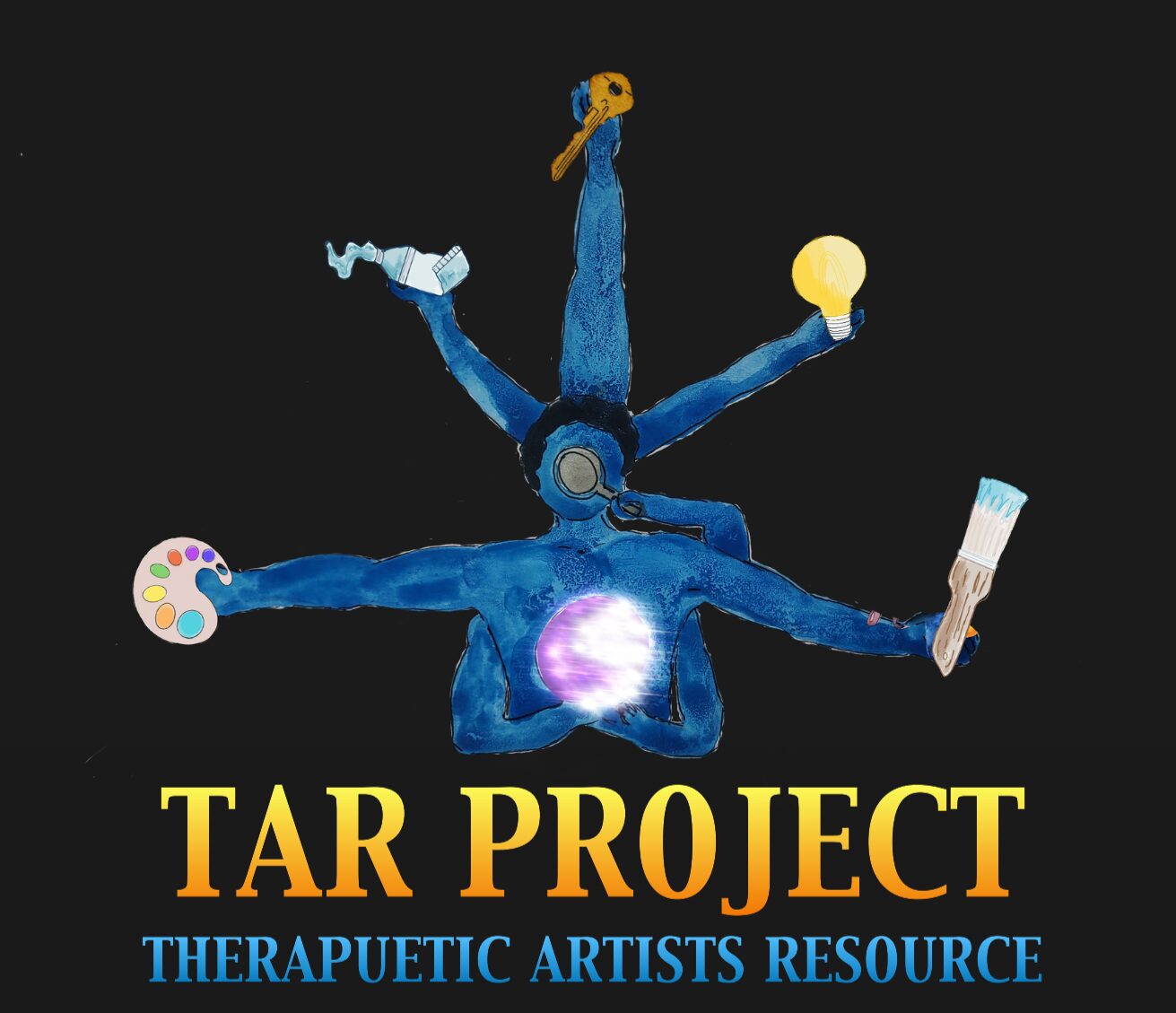
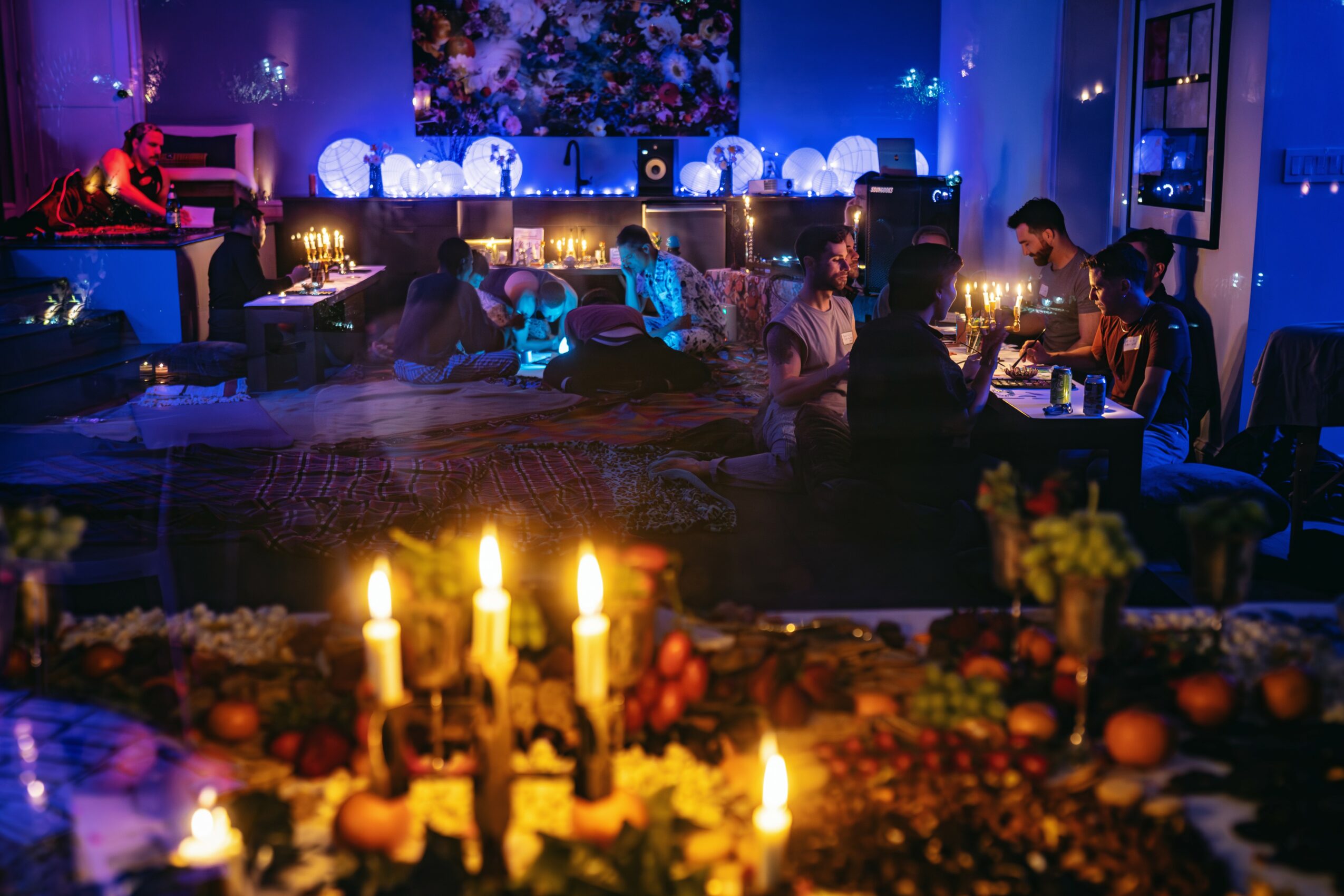
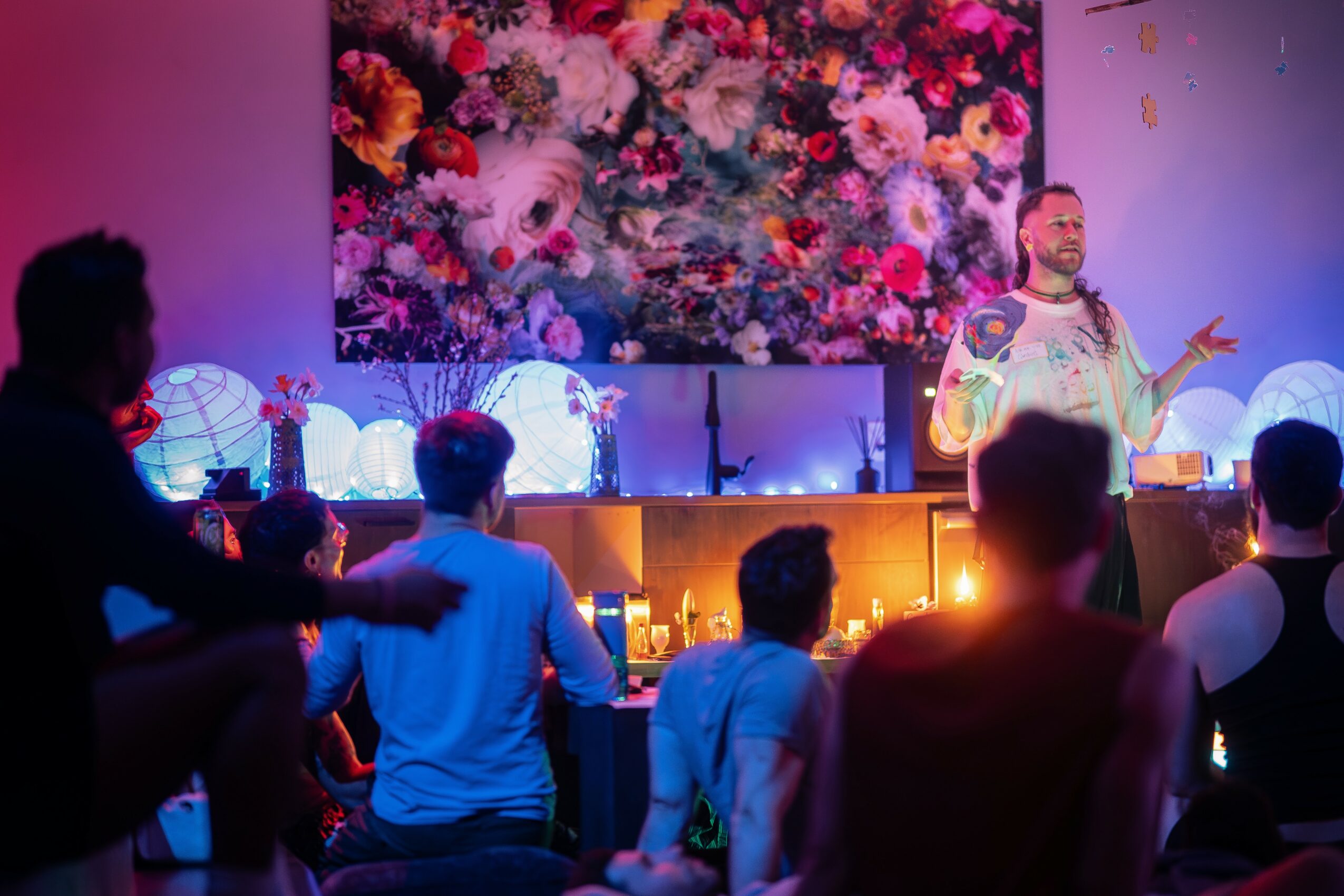
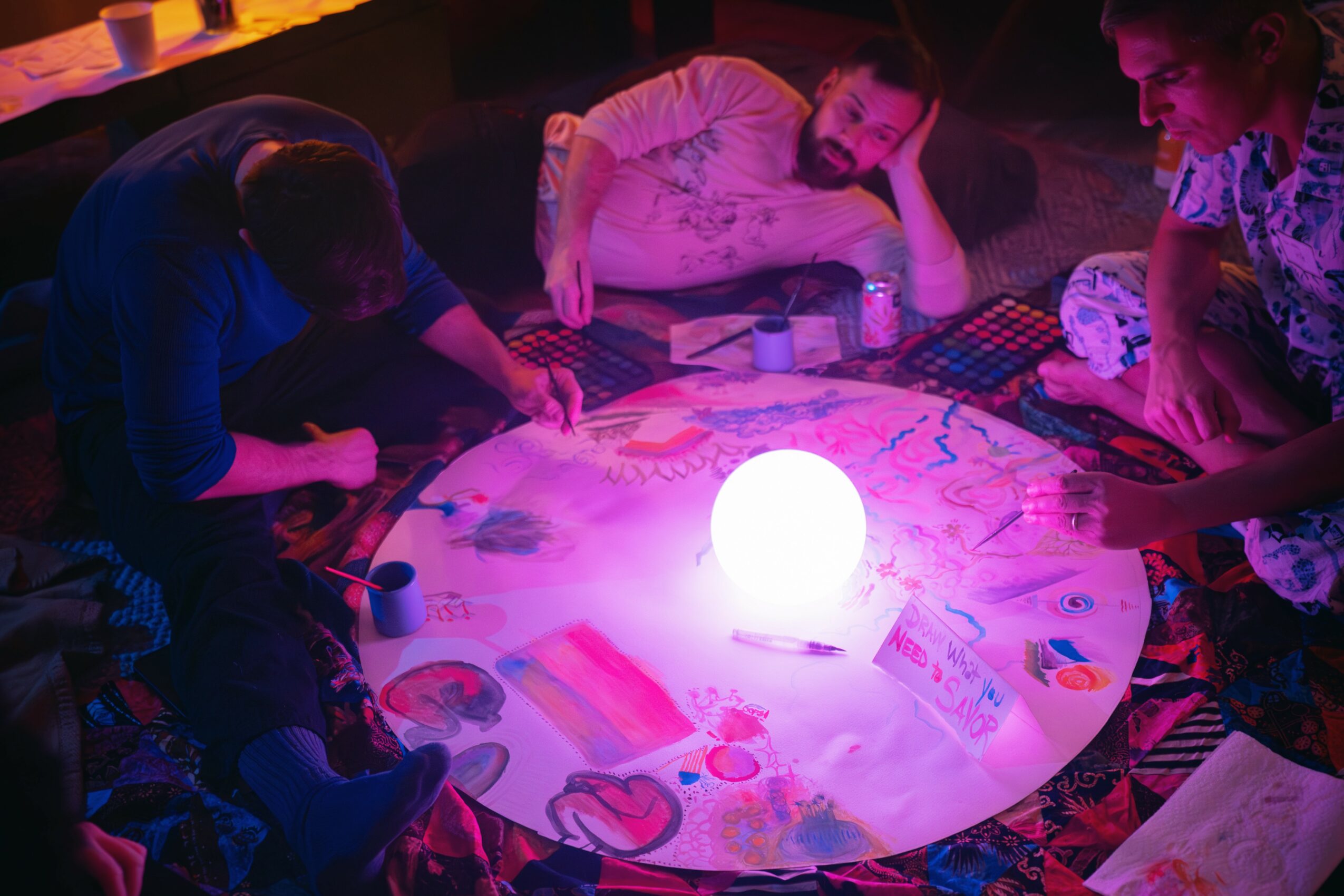
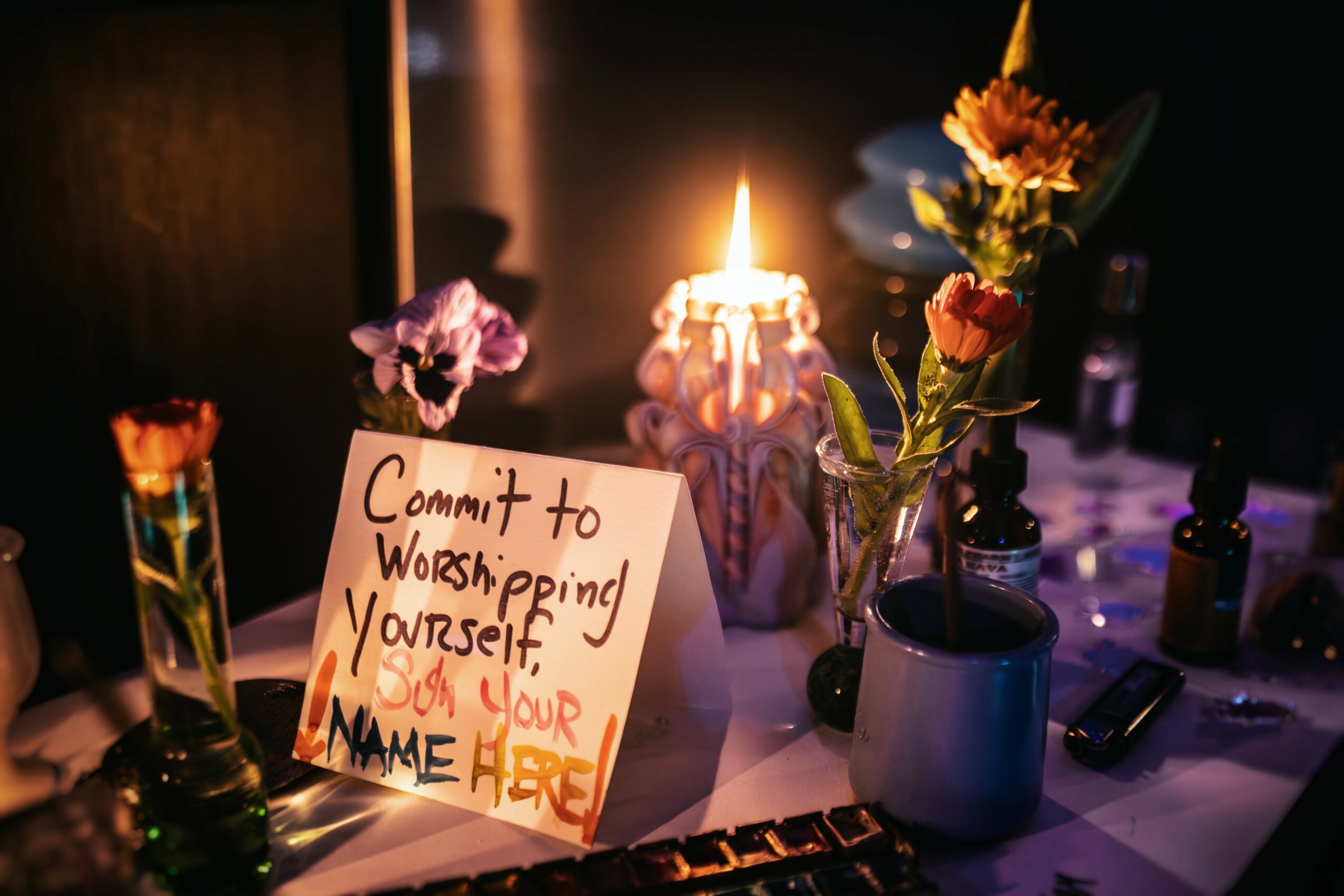
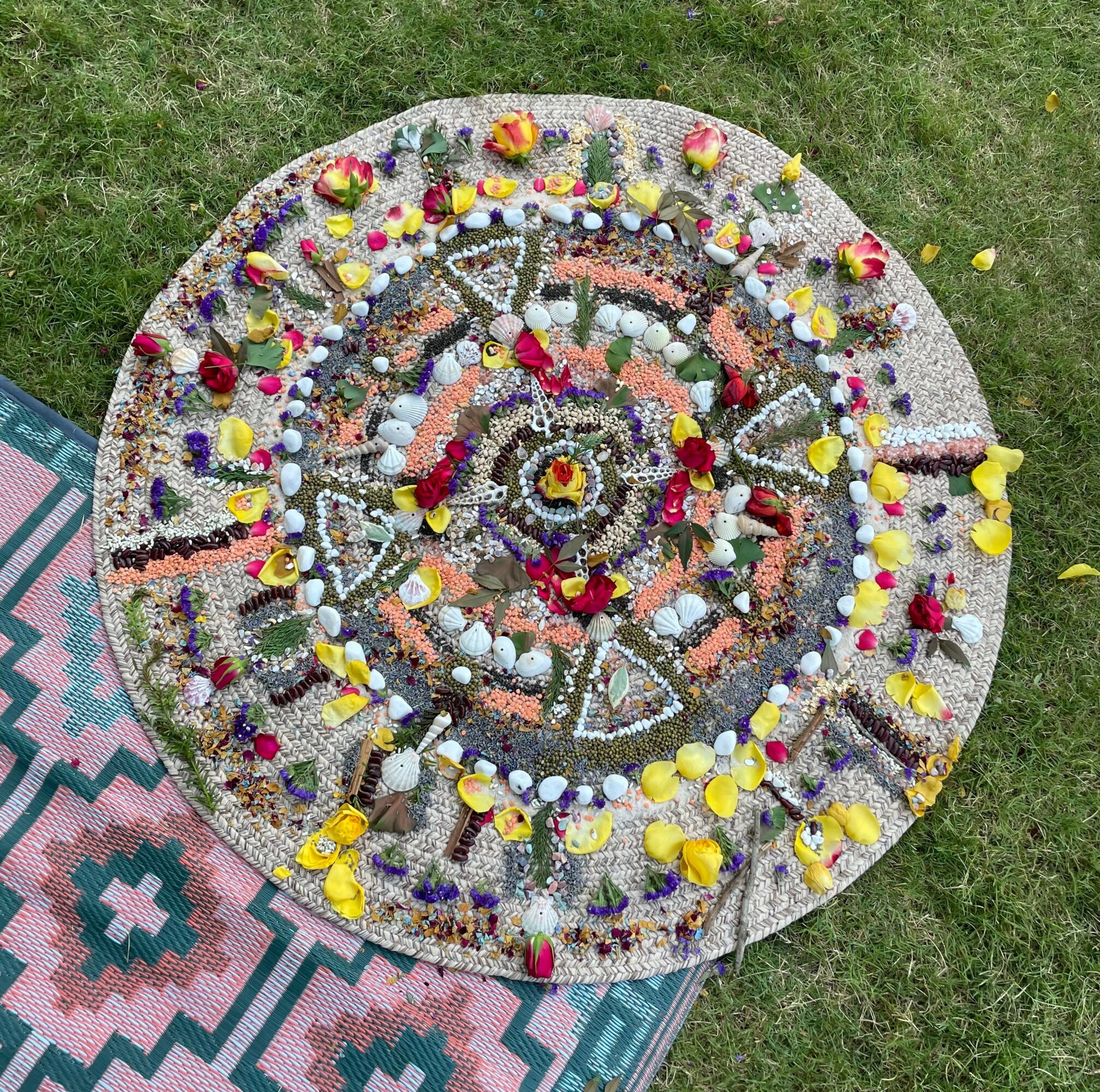
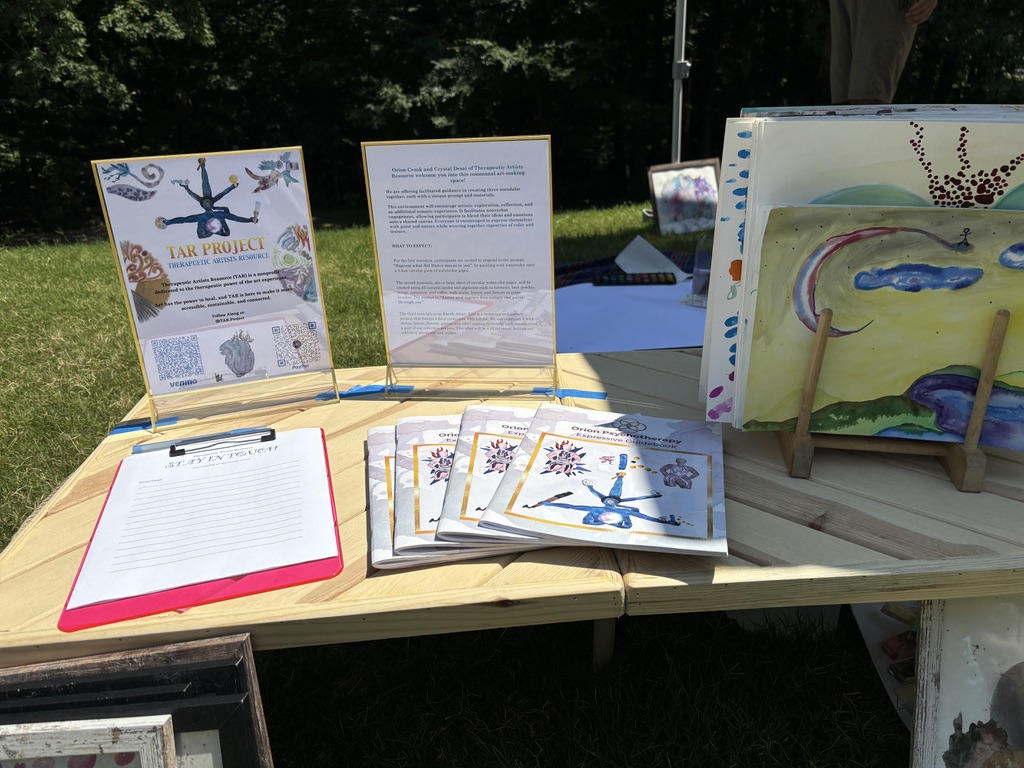
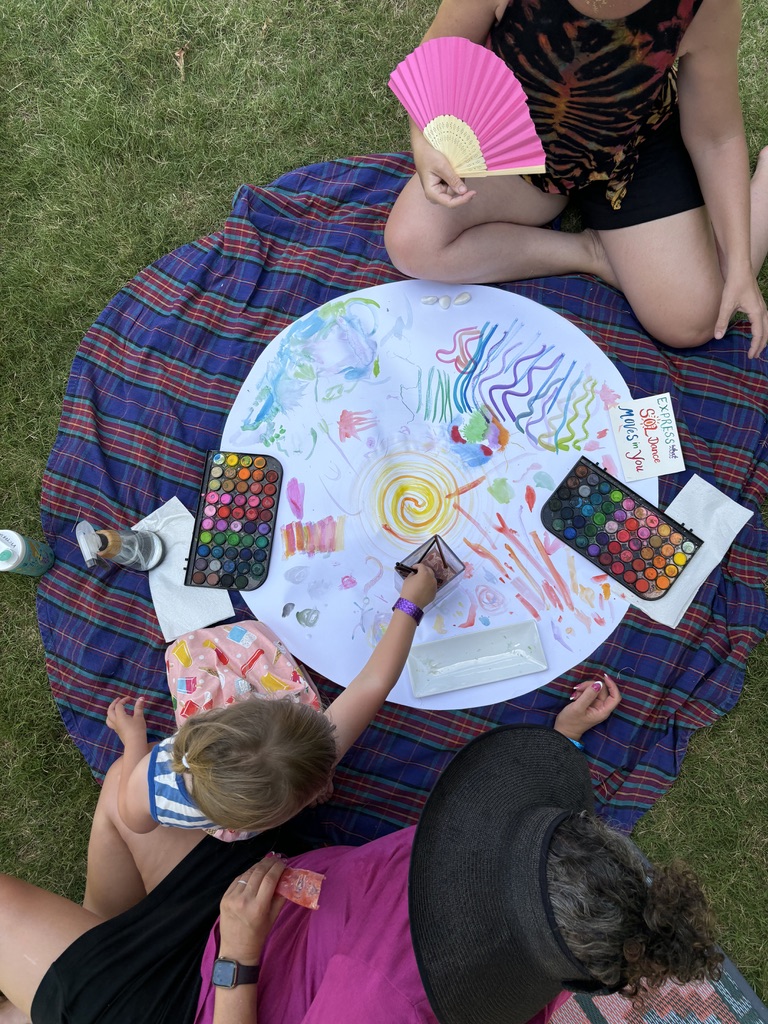
Image Credits
#4-7 were done by @Duhonphotography













